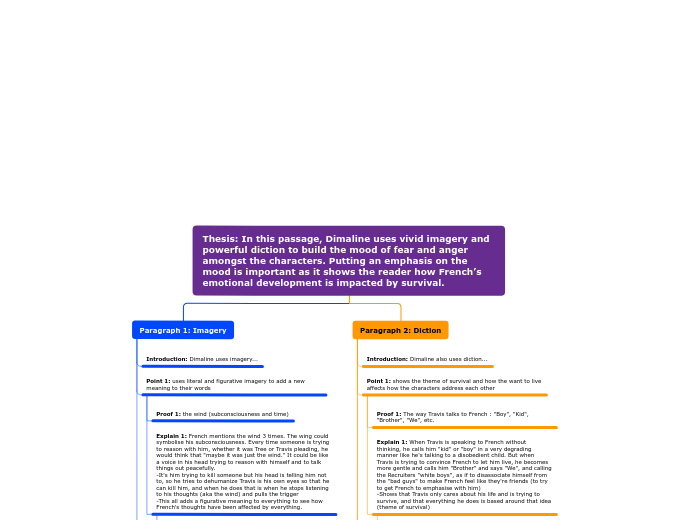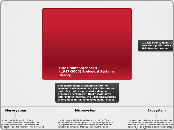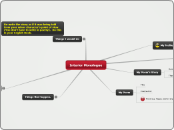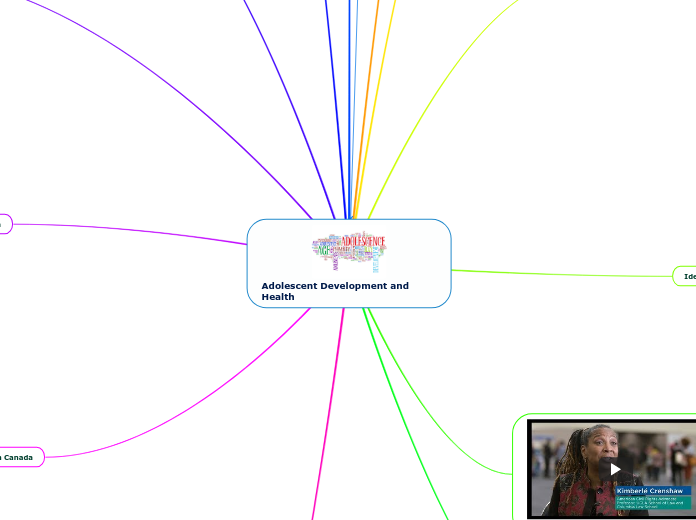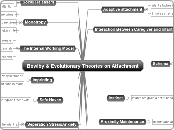Conclusion: restate thesis in other words and summarize everything
-She uses imagery and diction to reflect the mood of the characters
-Theme of survival (and how everyone's want to live is affected by their emotions and vise versa)
-French's character development: doing something so life changing (killing a person)
Thesis: In this passage, Dimaline uses vivid imagery and powerful diction to build the mood of fear and anger amongst the characters. Putting an emphasis on the mood is important as it shows the reader how French’s emotional development is impacted by survival.
Paragraph 2: Diction
Point 3: uses effective words and punctuation to show the mood of the characters
Explain 3: She uses simple yet strong to words to describe the mood of the characters. For French: he's very aggressive and angry. Uses words such as yanking, anger
-Travis: he's scared and desperate because he doesn't want to die. Uses words like panic, anxiety, whine, plea.
-In the second last paragraph, Travis is giving his last shot and trying to live and convince French to not kill him. He can tell that French isn't going to change his mind and is getting desperate. The excessive use of exclamation marks give the readers a sense of his panic and franticness. We can sense him getting more and more hysterical.
Concluding sentence: All the adjectives and descriptive words are used to help the readers understand the mood of all the characters.
Proof 3: Strong yet simple words that describe their emotions (yanking, whining, etc.) (and the use of exclamation marks!)
Point 2: the lack of French's dialogue plays a big part in this scene as well: it's as if he made up his mind about Travis already and Travis is just making him more mad by talking
Explain 2: In this entire scene, French doesn't say anything. It's all Travis talking and French's thoughts. Silent rage, although nothing is said, is easily identifiable, usually causing a lot of tension and awkwardness in the air. Most communication is non-verbal, but one's eyes, expression, voice tone and mannerisms tend to give it away. People tend to be like this when they want to suppress their anger. Perhaps French doesn't say anything due to the fact that he's afraid he'll get too mad and let his emotions get the best of him if he says anything. He doesn't want to make it seem like Travis has any effect on him and tries to be the more mature one in this situation
Transition: Furthermore, the mood of the characters is also established through the usage of strong and effective words and punctuation...
Proof 2: Dialogue: how it's mostly Travis speaking and French doesn't say anything (his anger is shown through his thoughts and his actions and tone rather than him yelling)
Point 1: shows the theme of survival and how the want to live affects how the characters address each other
Explain 1: When Travis is speaking to French without thinking, he calls him "kid" or "boy" in a very degrading manner like he's talking to a disobedient child. But when Travis is trying to convince French to let him live, he becomes more gentle and calls him "Brother" and says "We", and calling the Recruiters "white boys", as if to disassociate himself from the "bad guys" to make French feel like they're friends (to try to get French to emphasise with him)
-Shows that Travis only cares about his life and is trying to survive, and that everything he does is based around that idea (theme of survival)
Transition: Dimaline also uses dialogue...
Proof 1: The way Travis talks to French : "Boy", "Kid", "Brother", "We", etc.
Introduction: Dimaline also uses diction...
Paragraph 1: Imagery
Point 2: describes all the small details French noticed about the people around him (and himself) to heighten the emotions/mood of the characters by what they're doing
Explain 2: The author describes every minuscule detail about the characters. It adds to the suspense and readers get a clear image on what is happening and what everyone is doing. He says "blood and spit flew with his words, betraying his anxiety". Spitting while talking is due to excessive amounts of saliva in the mouth. Can be caused by over-stimulation of the nerves, showing Travis's nervousness.
-She shows the audience Travis's muscles contorting and his skin wrinkling. This shows what French is focused on. Gives a lot of sensory details (in this case, seeing), and it lets the readers experience and see everything that the character is experiencing.
-French is so focused on the muscles and skin, so it's like he's reduced Travis to nothing but skin and muscles. He doesn't want to see Travis as a person (dehumanizing him) so that he feels less of the guilt when he kills this "thing". It's now when he decides to go for the chest rather than his head.
Concluding sentence: The usage of sensory details and detailed descriptions allow the readers have a heightened experience what the characters are going through.
Proof 2: describing the small body details (muscles contort, skin wrinkle, spitting, etc.)
Point 1: uses literal and figurative imagery to add a new meaning to their words
Explain 1: French mentions the wind 3 times. The wing could symbolise his subconsciousness. Every time someone is trying to reason with him, whether it was Tree or Travis pleading, he would think that "maybe it was just the wind." It could be like a voice in his head trying to reason with himself and to talk things out peacefully.
-It's him trying to kill someone but his head is telling him not to, so he tries to dehumanize Travis is his own eyes so that he can kill him, and when he does that is when he stops listening to his thoughts (aka the wind) and pulls the trigger
-This all adds a figurative meaning to everything to see how French's thoughts have been affected by everything.
Transition: Secondly,...
Proof 1: the wind (subconsciousness and time)
Introduction: Dimaline uses imagery...
